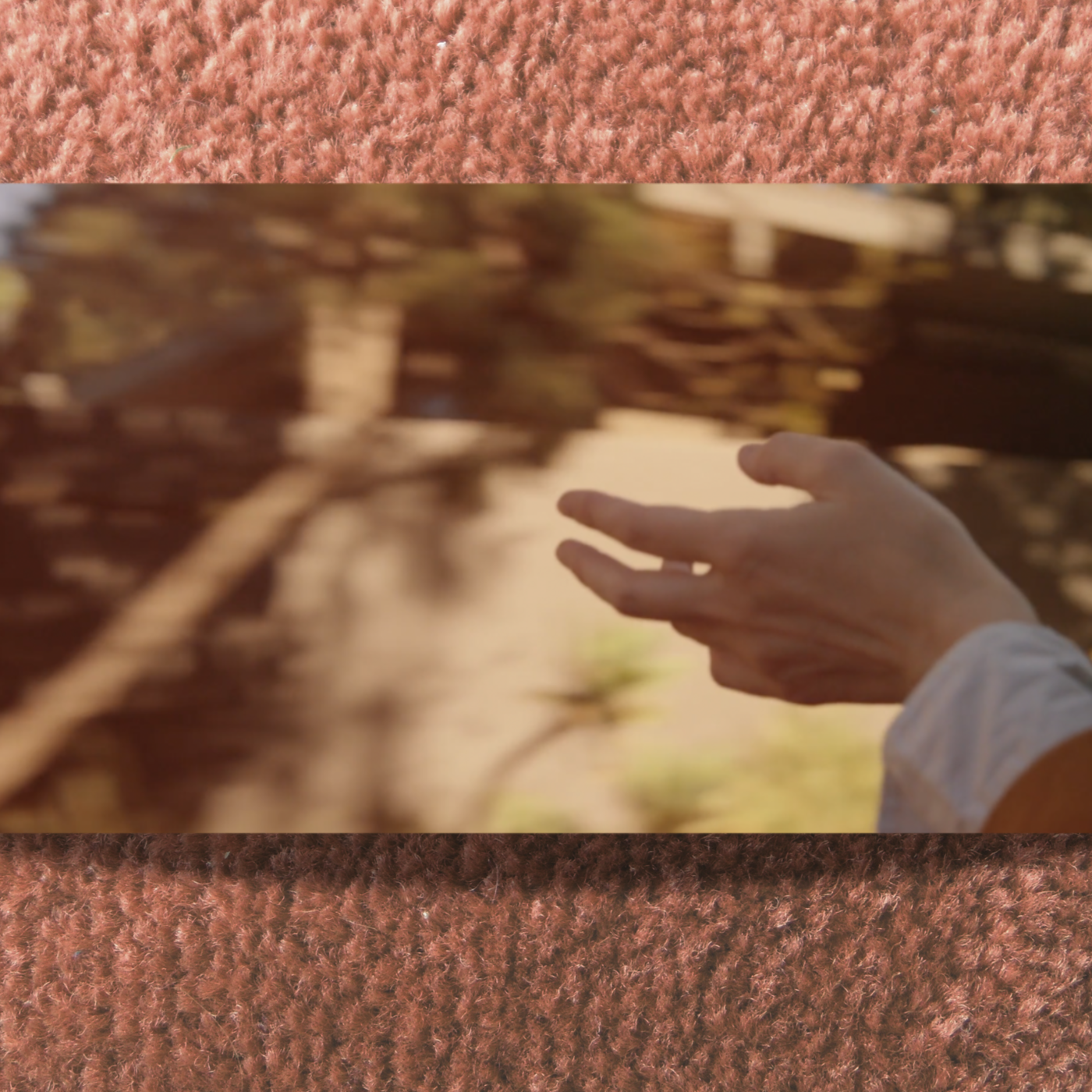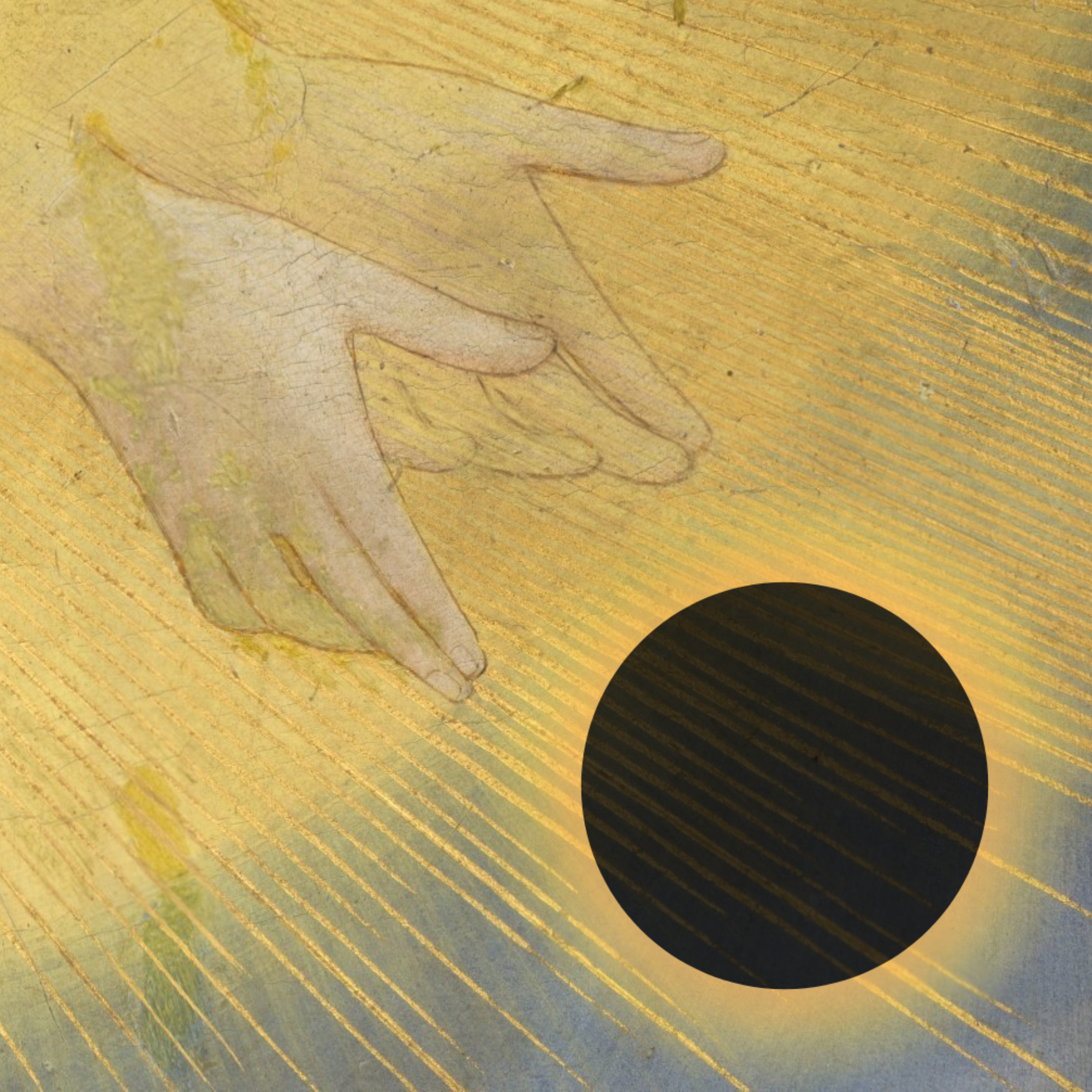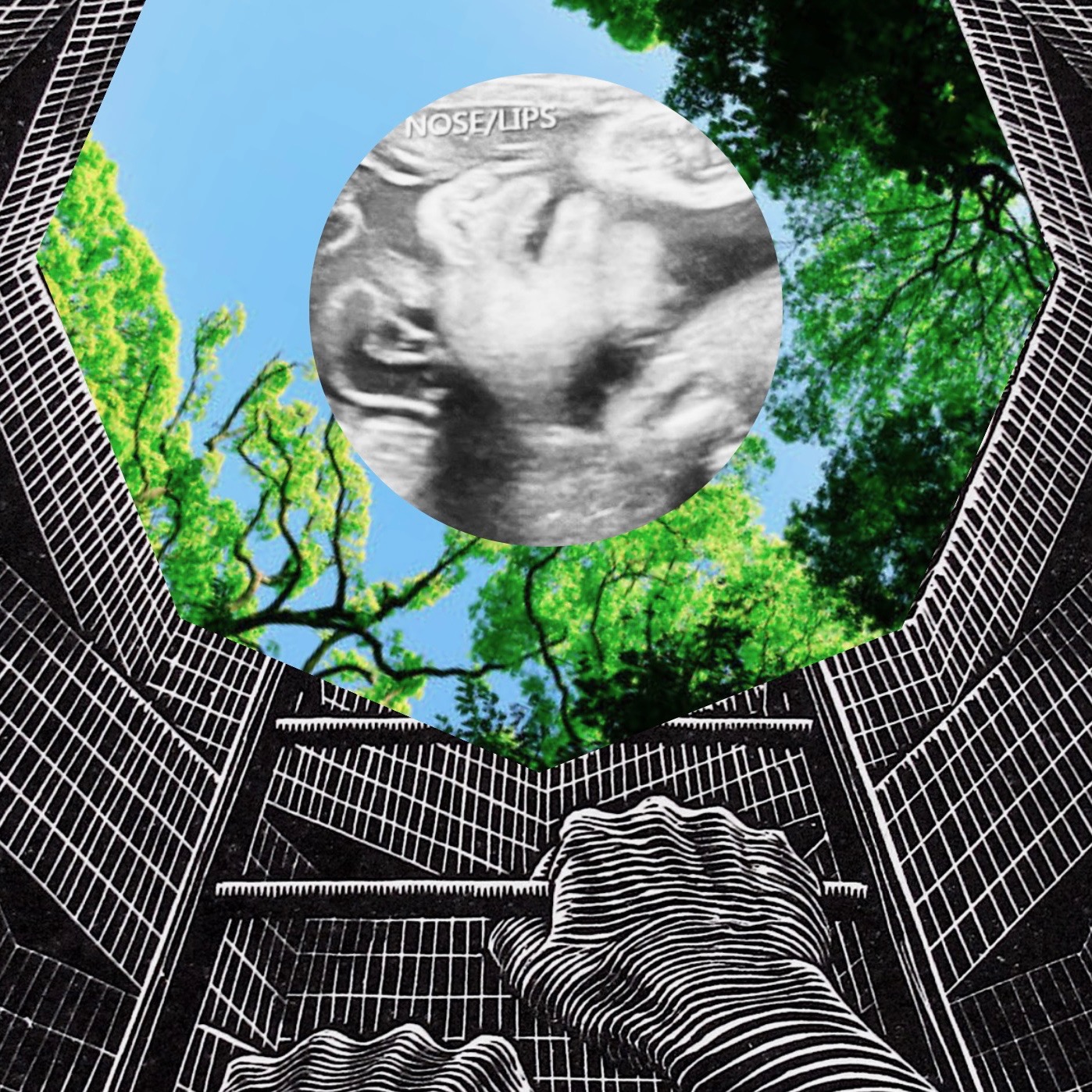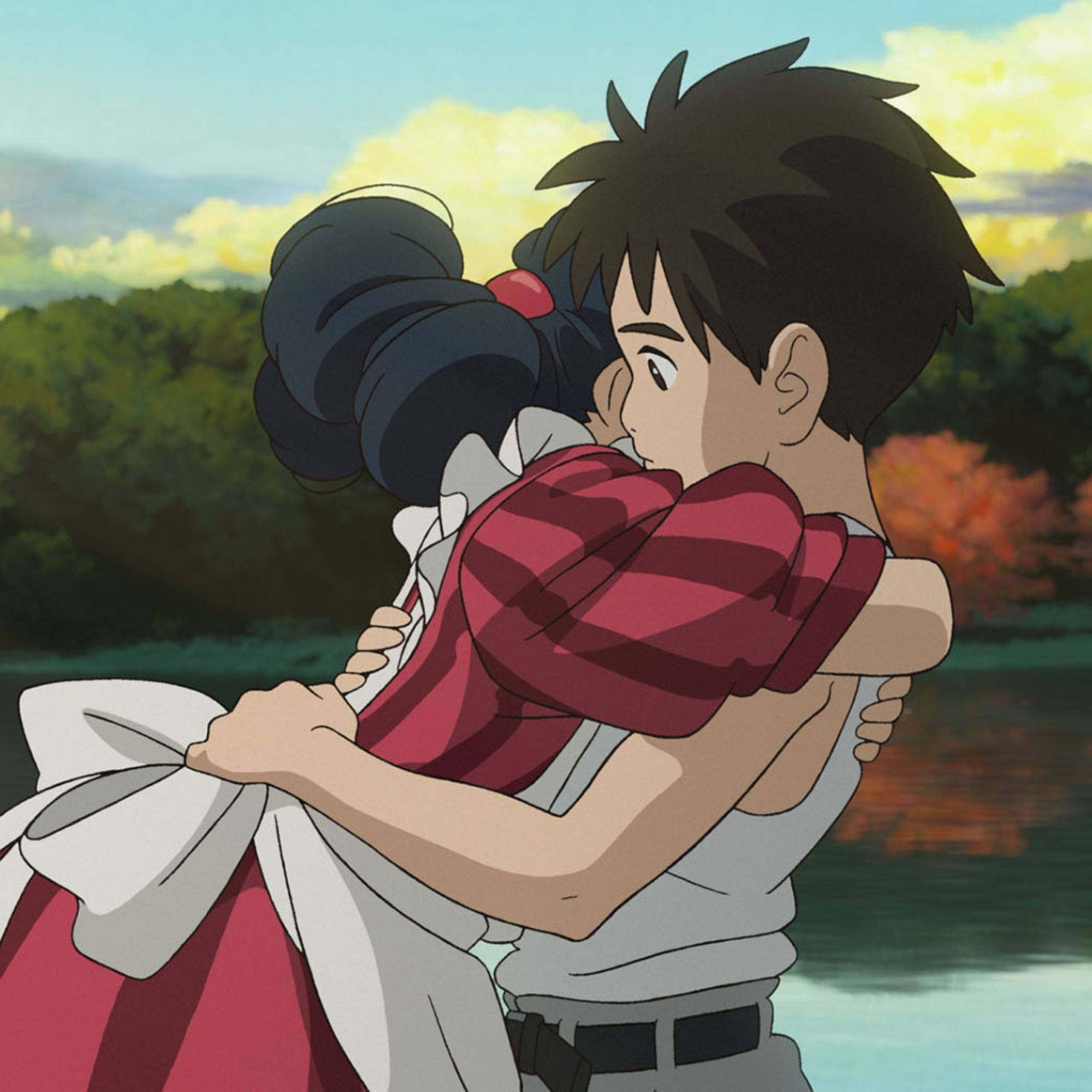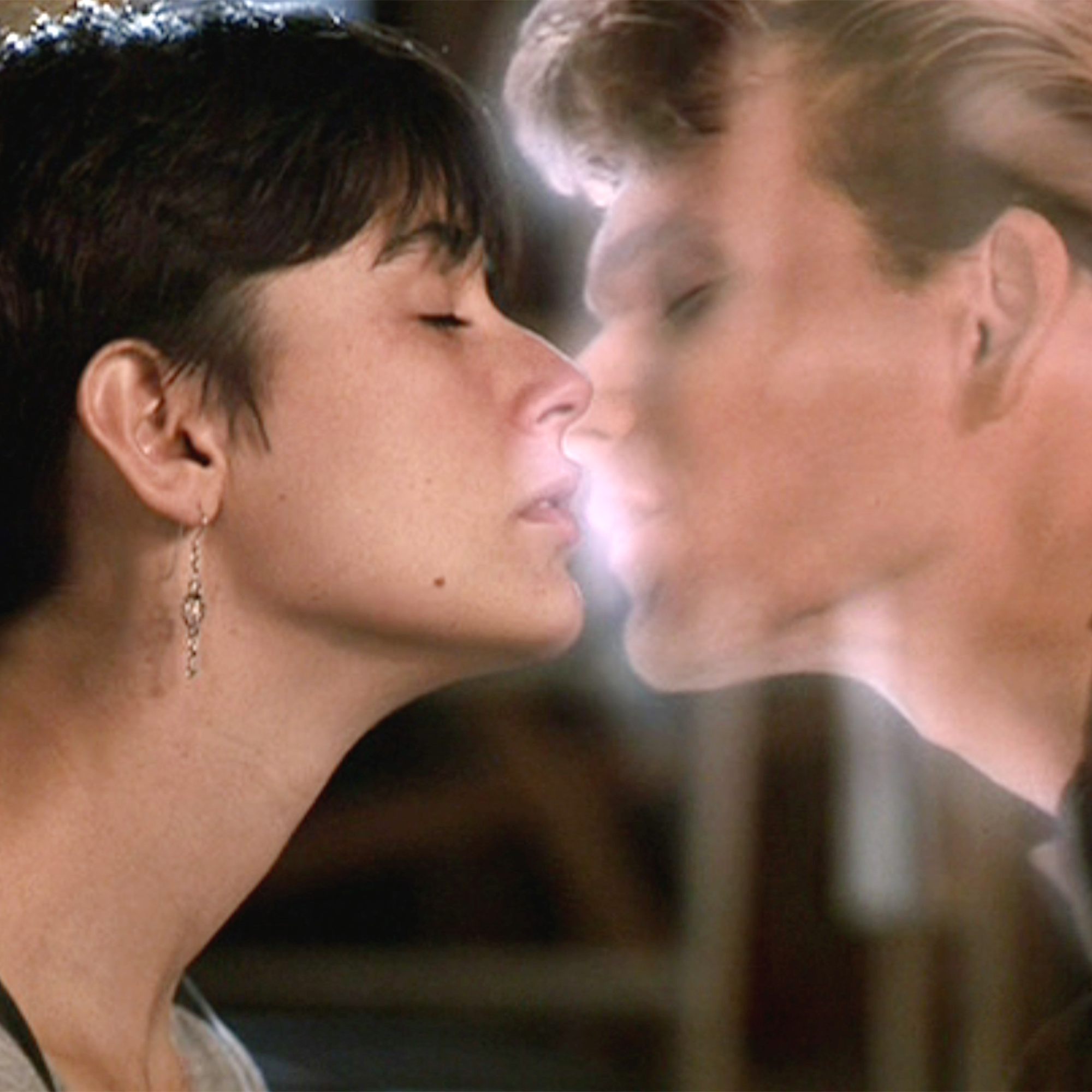- Magazine Dirt
- Posts
- On Completionism
On Completionism
Let me stay inside this loop forever.

Kara Rota on completionists vs. completists.
Brian Blanchfield’s essay “On Completism”, from his inimitable 2016 collection Proxies: Essays Near Knowing, identifies completism as related to the death drive. Blanchfield argues that a life, and the perspective granted only by its wholeness, is the ultimate completion: “experientially incremental and final only when finished.”
If you’ve heard the words completist, completism, or completionism, they were probably in relation to video games, music, television, or literature—the people who can’t beat a game without going back and doing all the monotonous potential side quests. The people who, when they rewatch a show, can’t skip the terrible seasons everyone hates. The people who have to publish the unfinished work of dead writers. It’s impossible to imagine fandom without completionism; if you are what you like, it’s the job of a completionist to remember favorites.
It’s impossible to imagine fandom without completionism; if you are what you like, it’s the job of a completionist to remember favorites.
Sarah Manguso’s novel Liars, released in July 2024, is the story of a marriage, where everything that can happen, happens. Intoxication, ambition, sacrifice, compromise, commitment, contempt, violence, betrayal, The End. Liars brings to the table stacks of satisfying details: the relentless incompetence of the husband, John, his household offenses inventoried––along with the timeline of sex in the marriage’s final year—as if on a prison wall.
There is something almost radical in the inevitability of its implosion. When I finished the book, I cried for an hour. As in Manguso’s other novels, the reader experiences Liars through a narrator whose version of events is fiercely protected by the author. Manguso’s writing is an emotional completism that’s strengthened by its almost compulsive attention to mundane bits and pieces: her protagonists always have the receipts.

Lately, I’ve been thinking about completism—or completionism, the version of the word I favor. I can make the argument for my preference: Completism is the state of being complete as the focus, the collection finished and shelved. The relief of having seen something through, to death or some other absolute end. Completionism is about the effort, the idea that you can keep on halving the distance and you’ll still never punch the person in the face (a high school physics teacher’s metaphor).
A completionist isn’t just a collector or a connoisseur. A completionist hopes that with enough attention to detail, patience, and care, a portal might be opened into a slightly transcendent reality. The classic completionists, of course, are first-time parents. Something about the state of waiting for your child to develop, like a Polaroid picture, inspires breathless recording.
A completionist hopes that with enough attention to detail, patience, and care, a portal might be opened into a slightly transcendent reality.
For the nine months of my pregnancy, and the first year of my daughter’s life, I kept guided journals in which I inscribed every boring detail of my body’s unthinkable evolution, and then, once she was born, whether she was beginning to smile, drool, turn or crawl. Once she was old enough to say words like trampoline, decorations, whatever— she now says to me, crossing her tiny arms, “whatever”— there was no hope for my recovery.
On my notes app I would start futile lists: of the birds she knew by sight or sound, of the toddler phrasings and mannerisms I knew would fade before I had time to truly appreciate them (of a book, “what’s this one called about?”), of the questions she started asking that floored me with their predictable, but singular, genius: “mama, can I get a moonburn?”
It took all my effort to just look at her for a minute without blinking.
There was no writing this down, no keeping it, dated, in a baby book. After five volumes of blurry photos printed off my outdated phone, I gave up. It took all my effort to just look at her for a minute without blinking. I needed some sort of emotional eclipse glasses. To love a child is a completionism so full it could, and does, drive one to madness. I couldn’t be obsessed with her, in the way I’d been as an adolescent with a blooming crush. She was too close. She was still practically inside my body. Knowing that one day I’ll miss her more than anything does little to mitigate her constant, overwhelming presence.

DIRT AS LIT MAG
|

VARIOUS CIRCLES
|
|
|
|
|
